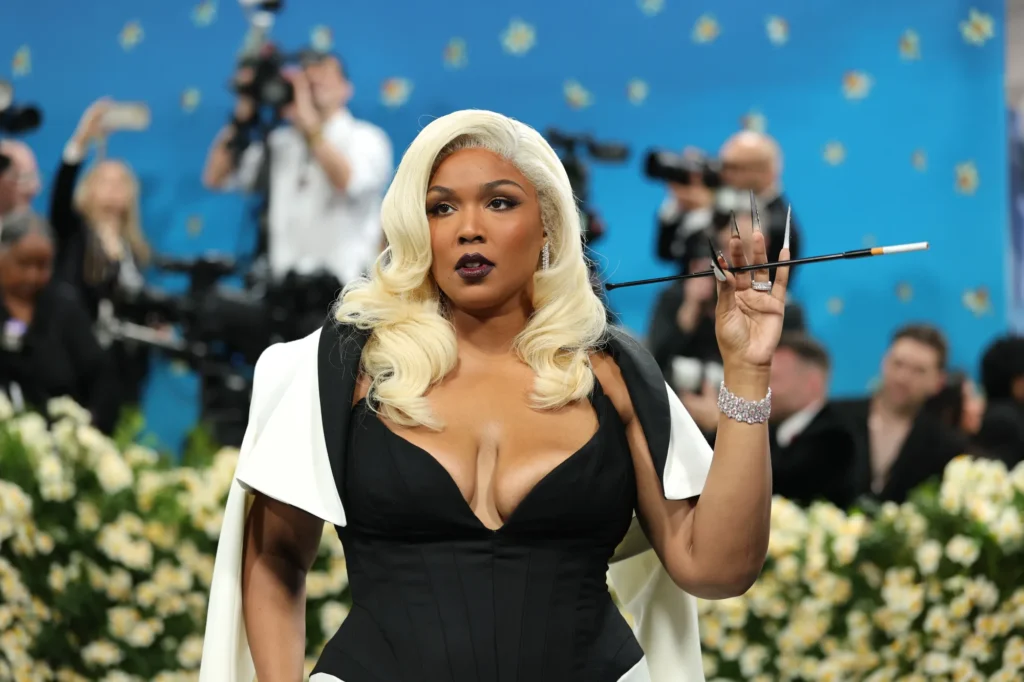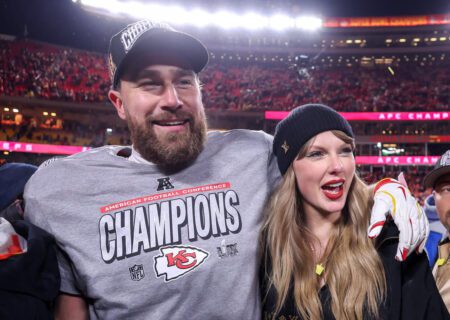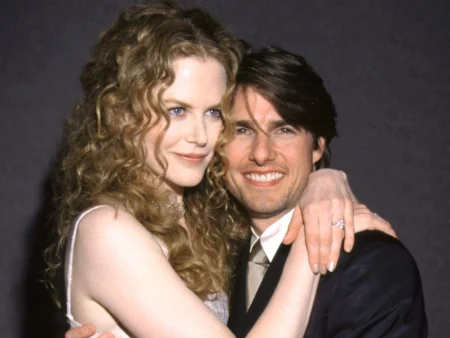Grammy-winning artist Lizzo is once again at the center of online discourse after sharing a previously unreleased rap demo on TikTok. The track, dating back to 2019 and rejected by her label, was met with a flurry of criticism from users on the platform. Lizzo, known for her unapologetic stance and advocacy for self-love, didn’t hold back in responding to the backlash.
The TikTok That Sparked Controversy
Earlier this week, Lizzo posted a clip on TikTok captioned, “Rap songs my label won’t let me release,” featuring a snippet of a rap demo she recorded in 2019. The post quickly garnered attention, but not all of it was positive. Comments ranged from dismissive to harsh, with users writing things like, “They made the right decision,” and “Is the rap in the room with us?”
Despite some fans expressing understanding, others were less forgiving. One user commented, “I love this but I understand why they won’t release it. Still love you, Lizzo.”
Lizzo’s Unfiltered Response
Never one to shy away from addressing criticism, Lizzo responded with a follow-up video on TikTok. She began by stating, “I’m about to cuss y’all out,” and proceeded to call out the negativity directed at her. “Y’all really need to check yourselves. You’re so disrespectful. Just f###### mean,” she said, adding, “God don’t like ugly.”
Lizzo explained that the track was written during the early stages of her songwriting career. “I posted a song I wrote in 2019, when I was a f###### baby songwriter,” she shared. Addressing a specific comment that labeled the song as “angsty teen,” she retorted, “Who the f### are you? Have you ever written a song? And will you ever write anything as good as that? No.”
Despite the criticism, Lizzo affirmed her confidence, stating, “I am so f###### happy that I know who I am. There’s nothing y’all can do to shake me.”
A Pattern of Online Scrutiny
This incident isn’t isolated. In March 2024, Lizzo expressed her exhaustion with constant online criticism. In an Instagram post, she wrote, “I’m getting tired of putting up with being dragged by everyone in my life and on the internet.” She continued, “All I want is to make music, make people happy, and help the world be a little better than how I found it. But I’m starting to feel like the world doesn’t want me in it.”
The emotional toll of public scrutiny, especially for women and artists of color, is a recurring theme in Lizzo’s experiences. Her candidness about these challenges highlights the broader issue of how society engages with public figures, particularly those who defy conventional norms.
Standing Firm Amidst Criticism
Lizzo’s response to the backlash over her unreleased rap demo underscores her resilience and commitment to authenticity. By sharing her early work, she offered fans a glimpse into her artistic journey, only to be met with harsh judgment. Yet, her unfiltered response serves as a reminder of the importance of self-assurance and the courage to confront negativity head-on.
As the conversation around online criticism and its impact on artists continues, Lizzo’s experience adds a significant voice to the discourse, emphasizing the need for empathy and respect in digital interactions.







